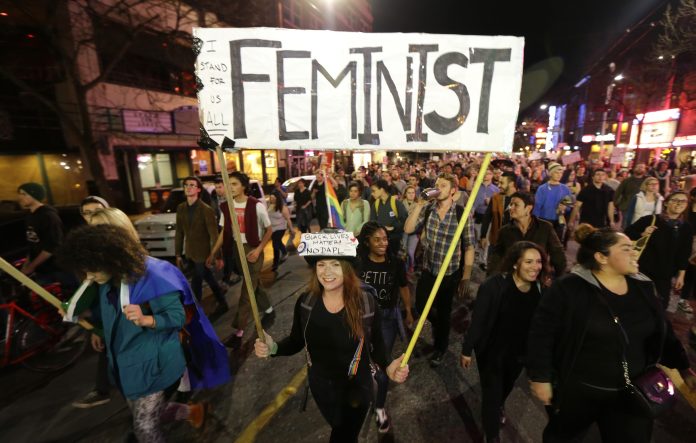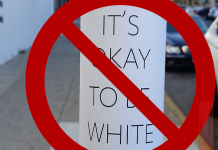Throughout the history of human civilization, societies have always been plagued by disease. Perhaps the most commonly known phenomenon is the Black Death, which proved to be the end for nearly 25 million people living in medieval Europe. Scientific development has since greatly diminished the fear for infectious disease, by providing us with antibiotics and advanced medication. However, there are diseases left that are immune to modern antibiotics and medication. To be categorized under the grander umbrella term of “Hate”, modern societies are plagued with sexism, racism, bigotry and many other diseases.
Millions have suffered at the behest of what were considered universal truths, upheld by patriarchal societal norms. Though hatred has been an accepted concept, it has never been without opponents. Institutional racism still fights face to face with warriors of the Civil Rights movement, and sexism continually proves to be the weaker combatant in the battle for gender equality. However, there is a lesson which self-proclaimed feminists still neglect to learn. Namely, that the road to hell is paved with good intentions.

For as beneficial as the healing waves of Feminism have been, no waves should ever be left unwatched and uncontrolled, lest they flood society itself and indiscriminately consume not only that which is evil, but also that which is virtuous.
Within spaces such as the JLGBTQIA+ and the BIPOC community, a common enemy has been identified and exposed. Exclusivity (say it louder for the people in the back). The community that once identified themselves as simply “LGBT” did not need much convincing to open its borders to guests and expand their label. Trans people feel at home within the community, but so do non-binary, genderfluid, grey-agender and demisexual individuals. Members of the once exclusive community named “Black People” or “African Americans”, have similarly experienced a positive change of heart, redefining their identity to promote inclusivity towards oppressed members of the brown -and indigenous communities. Hence the sudden yet expected rise of the term BIPOC.
Feminism on the other hand, has made futile endeavors to keep up with the developments seen in other progressive circles. Attempts were made to highlight and remove those who falsely believe trans women not to be identical to biological women. But that begs the question: how can a Feminist NOT be trans-exclusionary, if they value members of the gender-binary more than those who diverge from the norm? Sure, they can pretend to care about transgender women, but their disinterest in the rights of genderdivergent people proves that they are merely bad actors in an otherwise brilliant film. The term TERF is left like an awkward and pleonasm, spoken by bad-faith actors in a language with diminishing room for intolerance.
And so, the elephant remains comfortably seated in the room, benefiting from women’s rights while exploiting those who are now violently shoved into the formerly female-occupied marginalized position. But what CAN feminists do? Leaving behind feminism as a whole would abandon many indispensable values core to the utopian and very egalitarian world in which our society is headed. Feminism is not masculinity: we cannot let it rot in the oubliette which it itself created. Instead, we must look at our comrades, take inspiration from their successful strategies, and understand that we don’t have to let go of our past to enter the future.
All we have to do is redefine the term by which we identify. And the greatest part? Well, ex-feminists have already done the work or us. Familiarize yourself with GPI: Gender Positive Inclusionist. Unlike a feminist, a GPI is not satisfied when only one gender is alleviated from the terrors of oppression. Unlike a feminist, a GPI doesn’t have to worry about members of their community not supporting transgender teens or nonbinary, demifluid, genderblender, grey-asexuals, etc. GPI has fewer characters and is easier to type than feminist, so it won’t hurt your tweets. Lastly, GPI will fit right in with the trend that fellow progressive circles have started, of using abbreviations such as JLGBTQIA+ and BIPOC.
So, were you previously afraid to speak up against the discrimination within feminism, in fear of being excluded? Were you afraid that you wouldn’t fit in? Well, you might as well thank our journalists for the hard work that we have put in, because now you don’t have to be!














